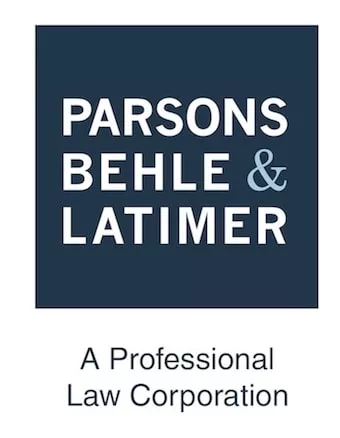The SEC continues to improperly insert itself between officers and directors and their insurance defense policies.
The U.S. Securities and Exchange Commission (SEC) continues to make headlines, not always in a positive fashion, regarding its often-changing statements on major enforcement priorities in areas like digital assets and environmental and social governance disclosure. On September 14, 2021, Gary Gensler, the current SEC chair, appeared before the U.S. Senate Banking Committee. During the committee's questioning, Senator John Kennedy pointedly asked Gensler the following question: "The people and the companies you regulate as chairman of the SEC, do you consider yourself their daddy?" Of course, Gensler denied such a characterization. But the SEC's actions speak louder than its denial.
With press releases about SEC enforcement actions (subscription required) against officers and directors issued on an almost daily basis, serving in such a role for a company can be a very risky undertaking and can even lead to an SEC enforcement action. Directors' and officers' (D&O) liability insurance is supposed to help mitigate that risk by protecting the personal assets of directors and officers from personal liability. See Jon Eisenburg, "Surviving an Age of Individual Accountability: How Much Protection Do Indemnification and D&O Insurance Provide?," K&L Gates, May 21, 2014; Yaron Nili, "How Much Protection Do Indemnification and D&O Insurance Provide?," Harv. L. Sch. F. on Corp. Governance & Fin. Reg., May 28, 2014. With an apparent perspective that indemnification from any source, including insurance proceeds, is against public policy and unenforceable under any circumstance, the SEC is effectively inserting itself into insurance coverage questions by forcing anti-indemnification provisions on defendants and respondents in its settlement documents-a practice riddled with problems, such as the unauthorized impairment of preexisting contractual rights and obligations.
In this article, we focus on the SEC's practice of inserting itself in D&O insurance coverage questions by unilaterally using anti-indemnification provisions in its settlement documents to ensure that no insurance funds are used to pay an SEC settlement. Specifically, we posit that the SEC should not be able to interfere with the legally valid and binding relationship between insurer and insured without explicit statutory authority and on the basis of questionable public policy justifications. Although the SEC has a long history of attempting to expand its authority to regulate certain products or practices by simply acting as though it has already been authorized to regulate those new sectors, products, or practices (Eisenburg, supra; Nili, supra.; see also SEC v. Conaway, 697 F. Supp. 2d 733, 772 (E.D. Mich. 2010)), the SEC should not be allowed to expand its authority to interfere in contractual insurance arrangements by taking regulatory actions.
Click here to continue reading . . .
Originally published by American Bar Association.
The content of this article is intended to provide a general guide to the subject matter. Specialist advice should be sought about your specific circumstances.
We operate a free-to-view policy, asking only that you register in order to read all of our content. Please login or register to view the rest of this article.




